
James Earl Jones, the beloved stage and screen actor who lent his iconic, deep voice to Darth Vader in Star Wars and Mufasa in The Lion King, has died at 93.
Regarded as one of the best actors of his generation, Jones’ career spanned Shakespeare to Hollywood hits. He is one of the few actors to have won an Emmy, Grammy, Oscar, Tony Award.
The actor’s death was reported by Deadline, via his representatives at Independent Artist Group.
James Earl Jones was born January 17, 1931 in Arkabutla, Mississippi and raised by his grandparents in Dublin, Michigan. While he would later become one of the most famous voices in the world, he says he suffered from a stutter in his youth.
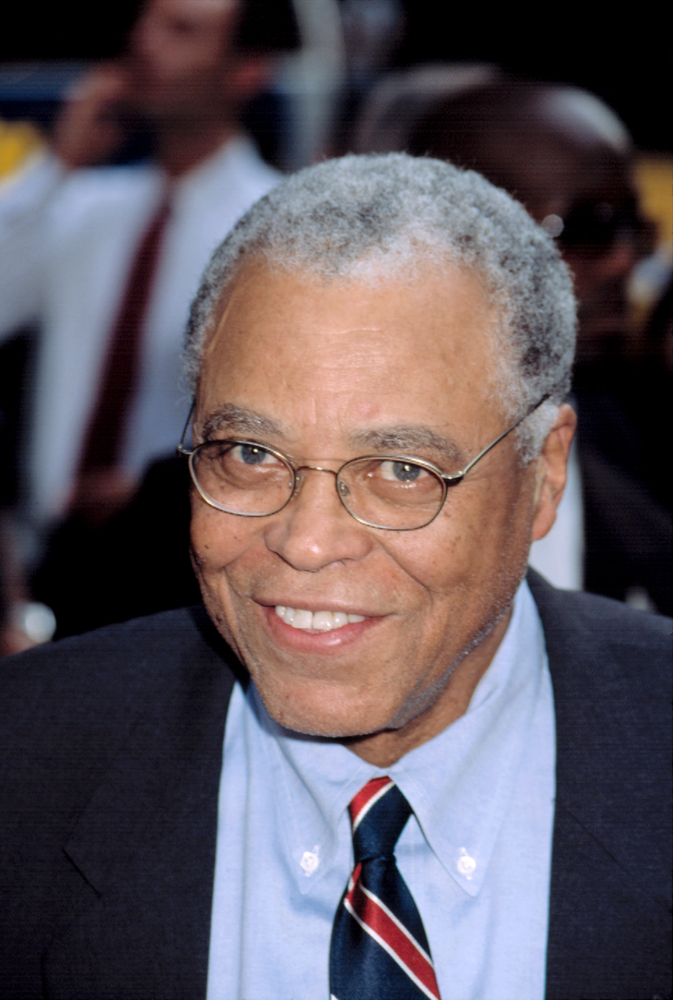
“I was a stutterer. I couldn’t talk,” Jones recalled in a 1996 interview. “So my first year of school was my first mute year, and then those mute years continued until I got to high school.” A teacher encouraged him to overcome his stutter by reading poetry aloud.
Jones served in the US Army during the Korean War, and after decided to pursue a career in acting. He studied at the American Theatre Wing, working as a janitor to support himself. By the 1960s, Jones was establishing himself as one of his generation’s great Shakespearean actors, playing roles like Othello and King Lear. He also made his film debut in Stanley Kubrick’s classic 1964 comedy Dr. Strangelove, as bombadier Lt. Lothar Zogg.
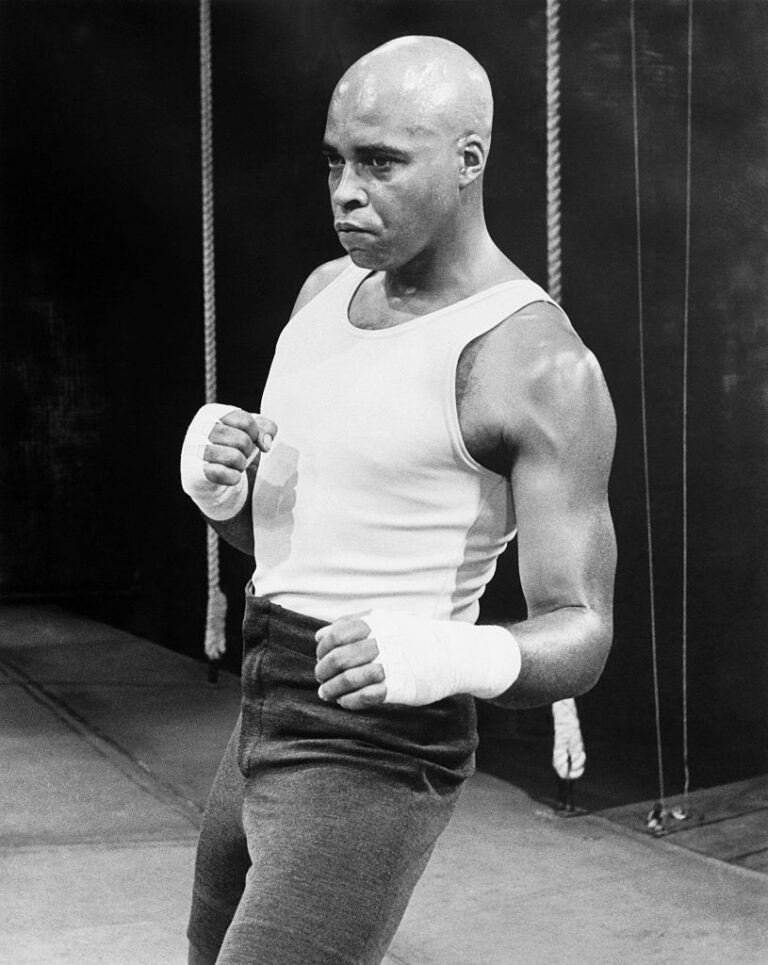
In 1967, he played a boxer in The Great White Hope, winning the Tony Award for Best Actor in a Play. He reprised the role in the 1970 film version, receiving his first Academy Award nomination.
Amidst all his acclaimed acting work, Jones soon landed his most well-known and iconic role — one where he didn’t even have to appear on set: voicing the villainous Darth Vader in Star Wars. While Vader was played in costume by David Prowse, Jones dubbed over the lines with his own deep bass voice, helping to create one of the most famous characters in movie history.
While Jones originally opted to go uncredited for the role, it has become perhaps his most famous performance. He continued to voice Vader for decades, in the two sequels The Empire Strikes Back and Return of the Jedi, the prequel Revenge of the Sith and the spin-off Rogue One. In 2022, Jones retired from the role, but signed an agreement for his voice to be used in future projects using artificial intelligence and archive recordings.
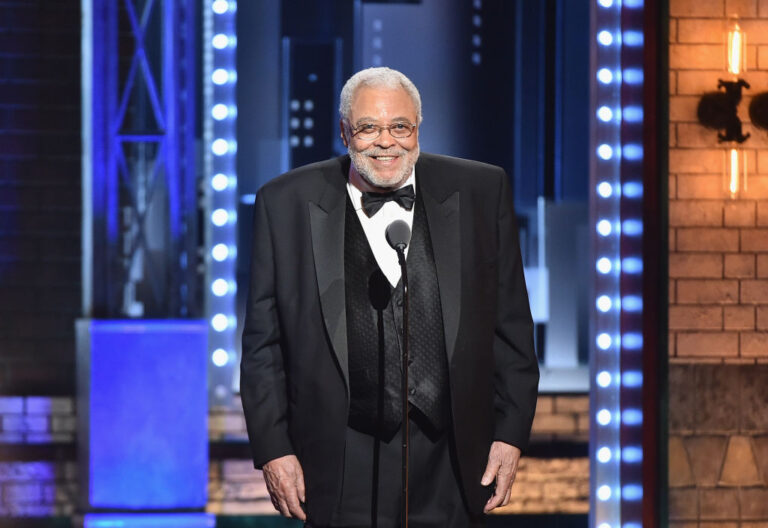
Jones also provided the voice of another beloved movie character, Mufasa in the 1994 Disney film The Lion King. Jones later reprised the role in the 2019 remake.
Throughout the ’80s and ’90s, Jones appeared in many Hollywood films, including Conan the Barbarian, Coming to America, Field of Dreams, and The Hunt for Red October, Patriot Games and The Sandlot. He also won his second Tony Award, starring in the original production of August Wilson’s Fences.
He received eight Emmy Award nominations for his television work, winning twice in 1991: Outstanding Supporting Actor in a Limited Series or Movie for Heat Wave and Outstanding Lead Actor in a Drama Series for Gabriel’s Fire.
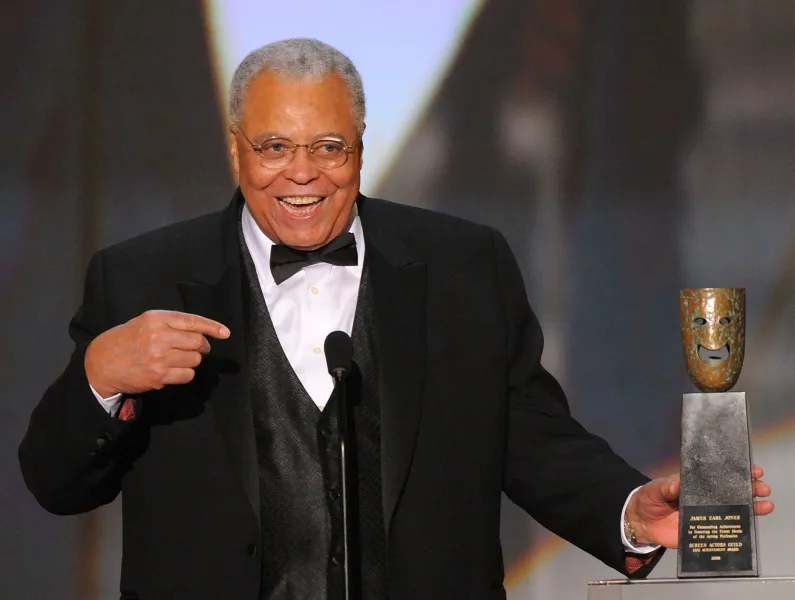
Jones also continued to perform on Broadway: over the past 20 years he starred in revivals of On Golden Pond, Cat on a Hot Tin Roof, Driving Miss Daisy, The Best Man and You Can’t Take it With You.
Jones was the recipient of many awards and honors throughout his acclaimed career. He received an Honorary Academy Award in 2011, making him one of the only people to have won an Emmy, Grammy, Oscar and Tony Award, known as “EGOT.” Broadway’s Cort Theatre was renamed the James Earl Jones Theatre in his honor in 2022.
Rest in peace to the iconic James Earl Jones, one of the greatest actors of our time — please share this
Why Do Married Couples in Japan Sleep Separately
Smaller houses and apartments don’t stop many Japanese couples from sleeping in different beds or even rooms. This is not some kind of an intimate issue or problem with the relationship, but something that they believe is good for them.
We at Bright Side found out why married couples in Japan choose to sleep separately, and we really like their reasons.
They have different sleep schedules.

The first thing that makes Japanese couples decide to go to bed separately is different work schedules. Waking up your significant other just because you got home late from work or have to leave early won’t result in good quality rest for them. This is why spending the night in a different room makes sense. This will give them both an undisturbed and healthier sleep.
Babies sleep with their mothers.
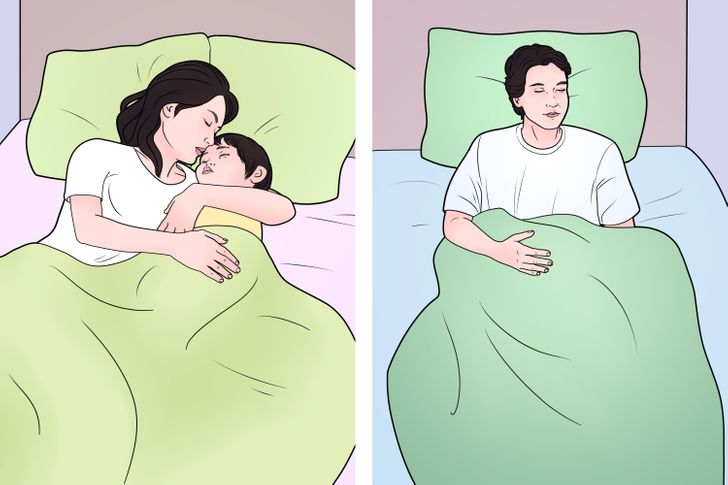
Japanese mothers sleep with their children and this is considered very important, so the father needs to decide if he wants to share the same bed or go to a different room. Even science has proven that co-sleeping can help parents and children get a more restful sleep. It helps the child to maintain a stable temperature and heart rate (which is really critical in infancy) and at the same time, it decreases the chance of sudden infant death syndrome. Also, this contributes to the child having better self-esteem, becoming independent faster, and doing great in school.
For them, sleeping separately means peace.

While many couples who start to sleep alone think that divorce is at their door, the Japanese see it differently. They value their sleep a lot and they don’t want to be disturbed while sleeping. This means that they don’t need and don’t like to put up with snoring, restless sleep, kicking, etc. Even though some don’t have the opportunity to sleep in different rooms, they still wish they could get their beauty sleep.
Couples have a history of sleeping separately.

© Shutterstock.com, © Shutterstock.com
Futons are filled with cotton, which provides support and comfort. In the past, only single sized ones were used as beds. So, even if you wanted to cuddle up with your loved one, you would have ended up between the sheets, on the cold floor, and you wouldn’t feel comfortable. Today there are families that still use this type of bedding, especially because it doesn’t take up a lot of space and it is easy to store.
Do you sleep separately from your partner? Do you think this type of practice might be even better for your relationship?



Leave a Reply